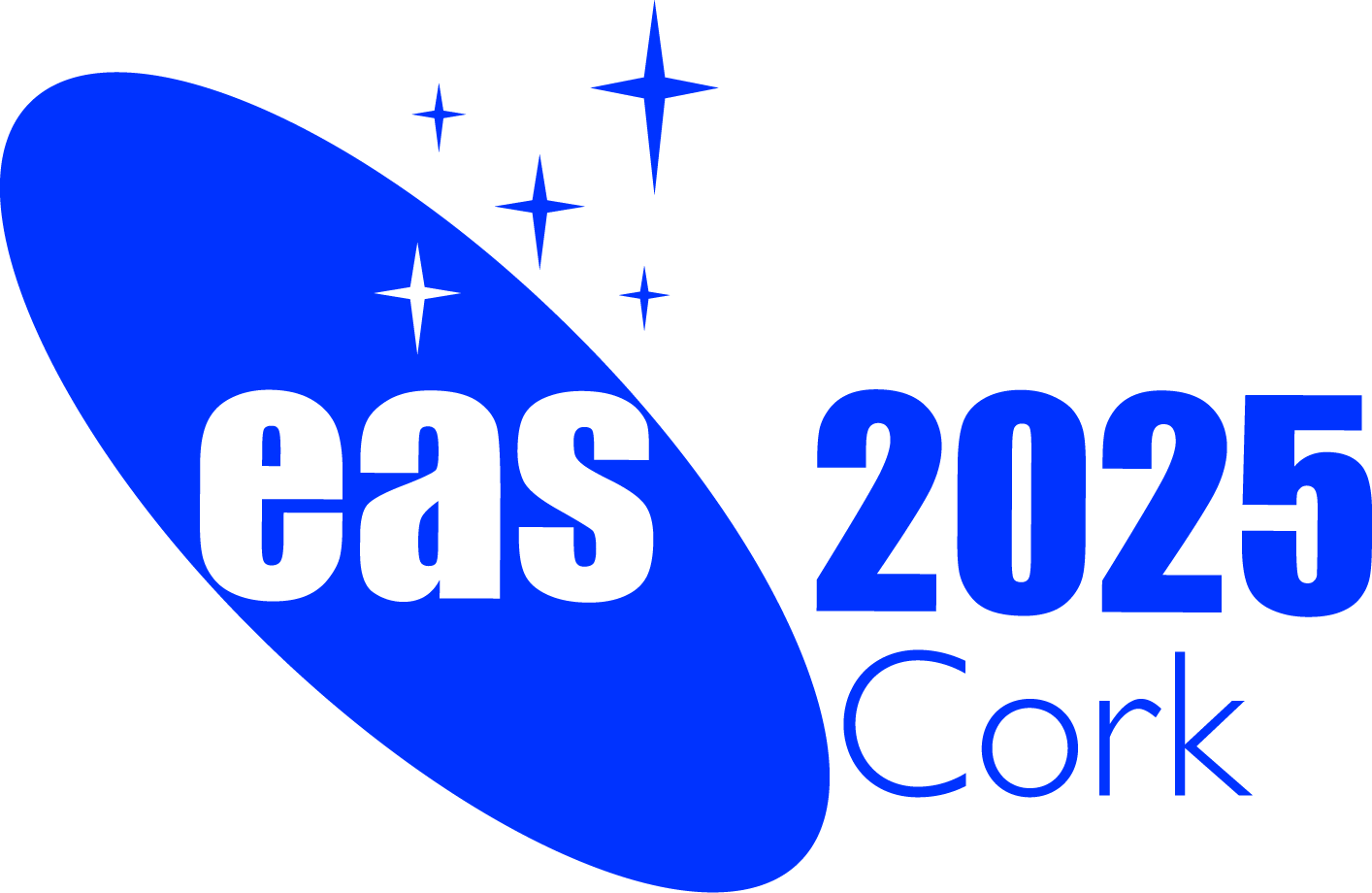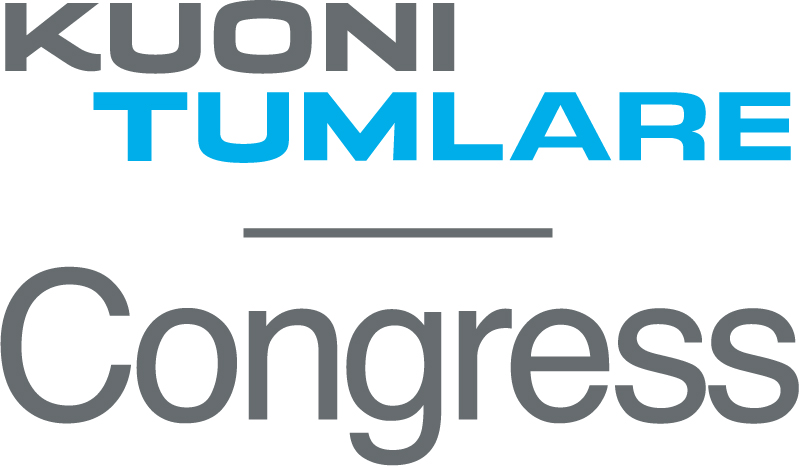Symposium S15
26-27 June 2025
The changing macrocosm of astroinformatics : big data, artificial intelligence, statistical inference, challenges, and more
News:
Information about invited speakers will be added soon.
Aims and scope
Astronomical advances in data science, computation, machine learning, and statistics are all captured within the growing field of astroinformatics. The European astroinformatics community has been developing new approaches to support current and upcoming large-scale surveys such as LOFAR, Gaia, EHT, ALMA, Euclid, SDSS-V, ZTF, MeerKAT, SKA, DSA-2000, ELT, Rubin observatory, and Roman mission. As a result of exponential growth in data expected from these facilities, the continuing advancement of astroinformatics is necessary.
As datasets continue to grow in size and complexity, associated challenges continue to emerge, such as infrastructure for storage and access to datasets, evolution of data format through survey lifespans, preserving discovery potential in the era of overwhelming data sizes, and ensuring the continuing development of astronomical knowledge while minimising the environmental impact of computations.
In recognition of these challenges, astronomers have made advances in distributed data processing , effective data access, and rapid data analysis. We have also been developing accessible toolkits and pipelines for data analysis using automated approaches. Tremendous investment continues to be made in expanding computational infrastructure.
Moreover, as astronomical surveys grow in scale and complexity, the development and application of advanced inference techniques become increasingly essential. These methods not only enhance our understanding of astrophysics but also push the boundaries of what is currently possible using numerical simulations and large datasets. We will explore cutting-edge statistical inference techniques, particularly focusing on simulation-based and deep learning approaches to inference, to overcome these challenges.
This symposium is timely as European astroinformatics is actively addressing how today?s solutions inform the computational challenges of astronomy in the late 2020s. The community will benefit from a two-day session in which we will present lessons learned from current surveys and analysis pipelines, discuss the evolving role of AI in astronomy, and other open challenges.
Programme
- Computational challenges (HPC, cloud and quantum computing)
- Astronomical Datasets (Complexities of data at scale, data storage, data Processing, computational workflows in astronomy)
- Machine Learning and Artificial Intelligence
- Physically informed NNs
- Data exploration and extraction of insights
- Representation learning
- Inference
Invited speakers
Scientific organisers
Amruta Jaodand (Smithsonian Astrophysical Observatory, Centre for Astrophysics, Harvard & Smithsonian, USA), Chair
John Wenskovitch (Pacific Northwest National Lab, USA), Co-chair
Elisabeth Sola (Institute of Astronomy, Cambridge, UK)
Jonathan Mackey (Dublin Institute for Advanced Studies, Ireland)
Petr Skoda (Astronomical Institute ASCR, CZ)
Rafael Martinez-Galarza (Centre for Astrophysics, Harvard, USA)
Cecilia Garraffo (Centre for Astrophysics, Harvard, USA)
Marc Huertas-Company (Instituto de Astrofísica de Canarias, Spain)
Contact
amruta.jaodand @ cfa.harvard.edu; jw87 @ vt.edu
Updated on Tue Jun 03 18:45:18 CEST 2025

 A power cut will shut down all EAS services on Tuesday, 10 January 2017 starting at 7:30 CET.
A power cut will shut down all EAS services on Tuesday, 10 January 2017 starting at 7:30 CET.

